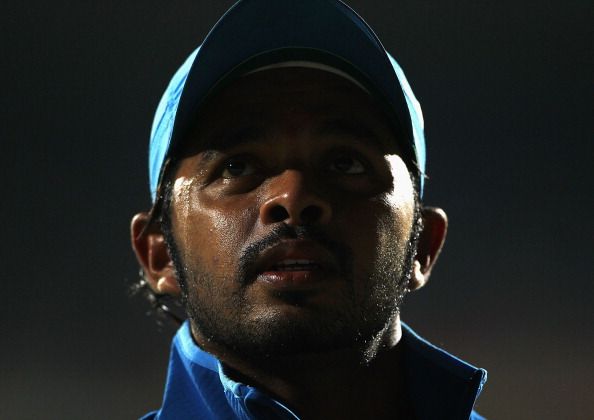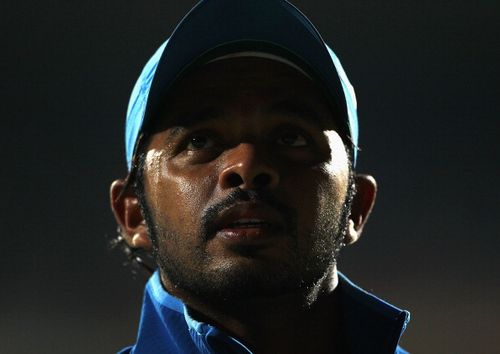
Match, spot-fixing not a new phenomenon

New Delhi - The latest spot-fixing scandal involving Rajasthan Royals‘ Sreesanth, Ajit Chandila and Ankeet Chavan is not the first instance in history where cricketers have been caught fixing.
In 2000, four South Africans, including skipper Hansie Cronje, were charged by the Delhi Police with fixing the One-Day International (ODI) series against India. Herschelle Gibbs, Pieter Strydom and Nicky Boje were also alleged to have taken money. After repeated denials, Cronje confessed he received money, following which he was banned for life.
Major revelations cropped up as many South Africans came up with their confessions. Pat Symcox confessed that Cronje approached him in 1994-95 to persuade him to lose a match against Pakistan. He also claimed that Cronje had conveyed an offer of $250,000 to lose an ODI during their tour to India in 1996. Gibbs, Henry Williams and Strydom confessed to have been offered money by Cronje to under-perform during their ODI and Test tour of India earlier in the year. Jacques Kallis also confirmed that Cronje made an offer to them before the second Test against India in Bangalore in March.
Cronje confessed to have taken bribes from gamblers since 1996 but never threw or fixed a match, announcing his retirement. He revealed that former Indian captain Mohammad Azharuddin introduced him to a bookie during a 1996 Test in India.
Gibbs and Williams were banned from international cricket from August to December for their role in match-fixing while Strydom was acquitted of conspiring to bet on the outcome of the Centurion Test in January.
Cricket Australia examined alleged match-fixing reports. However, the board refused to review the case of Shane Warne and Mark Waugh, who were earlier penalised providing pitch and weather information to bookies on the 1994 tour of Sri Lanka.
Former Pakistan captain Saleem Malik and medium-pacer Ata-ur-Rehman were found guilty of fixing matches by the Justice Qayyum Report and were banned for life. The report also refrained Wasim Akram and Mushtaq Ahmed from captaincy in future.
Home of several Indian players, including those of then national coach Kapil Dev, Azharuddin, Ajay Jadeja, Nayan Mongia and Nikhil Chopra were raided by income tax officials. Later, Kapil resigned from his position owing to the corruption inquiry. Azharuddin confessed to fixing games with the help of Jadeja and Mongia. However, the report found no evidence against Kapil.
Azharuddin was found guilty while Jadeja, Manoj Prabhakar, Ajay Sharma and former Indian team physio Ali Irani were found guilty of having links with bookies. Mongia came out clean. Azharuddin was banned for life and Jadeja was ruled out of international cricket for five years. Sharma was also banned for life while Prabhakar and Irani were barred from holding any official post in Indian cricket for five years.
Later, Jadeja’s ban was revoked by the Delhi High Court in January 2003 as there was no concrete proof of his guilt. In May 2003, the court allowed Jadeja to play domestic cricket.
2004: A five-year ban was imposed on former Kenya captain Maurice Odumbe after he was found guilty of receiving money from bookmakers on several occasions.
2008: West Indian Marlon Samuels was banned for two years for allegedly passing on match-related information to an Indian bookie during West Indies’ ODI series in India in 2007.
2010: Bookie Mazhar Majeed revealed in a sting operation that he bribed Pakistan bowlers to bowl no-balls on demand during the fourth Test against England at Lord’s. Skipper Salman Butt, pacers Mohammad Asif and Mohammad Aamir, wicket-keeper Kamran Akmal and youngsters Umar Amin and Wahab Riaz are currently under the scanner for the same.
2011: Shalabh Srivastava, Mohnish Mishra, T.P. Sudhindra, Amit Yadav and Abhinav Bali were suspended for spot-fixing in the IPL after a sting operation by a TV channel.